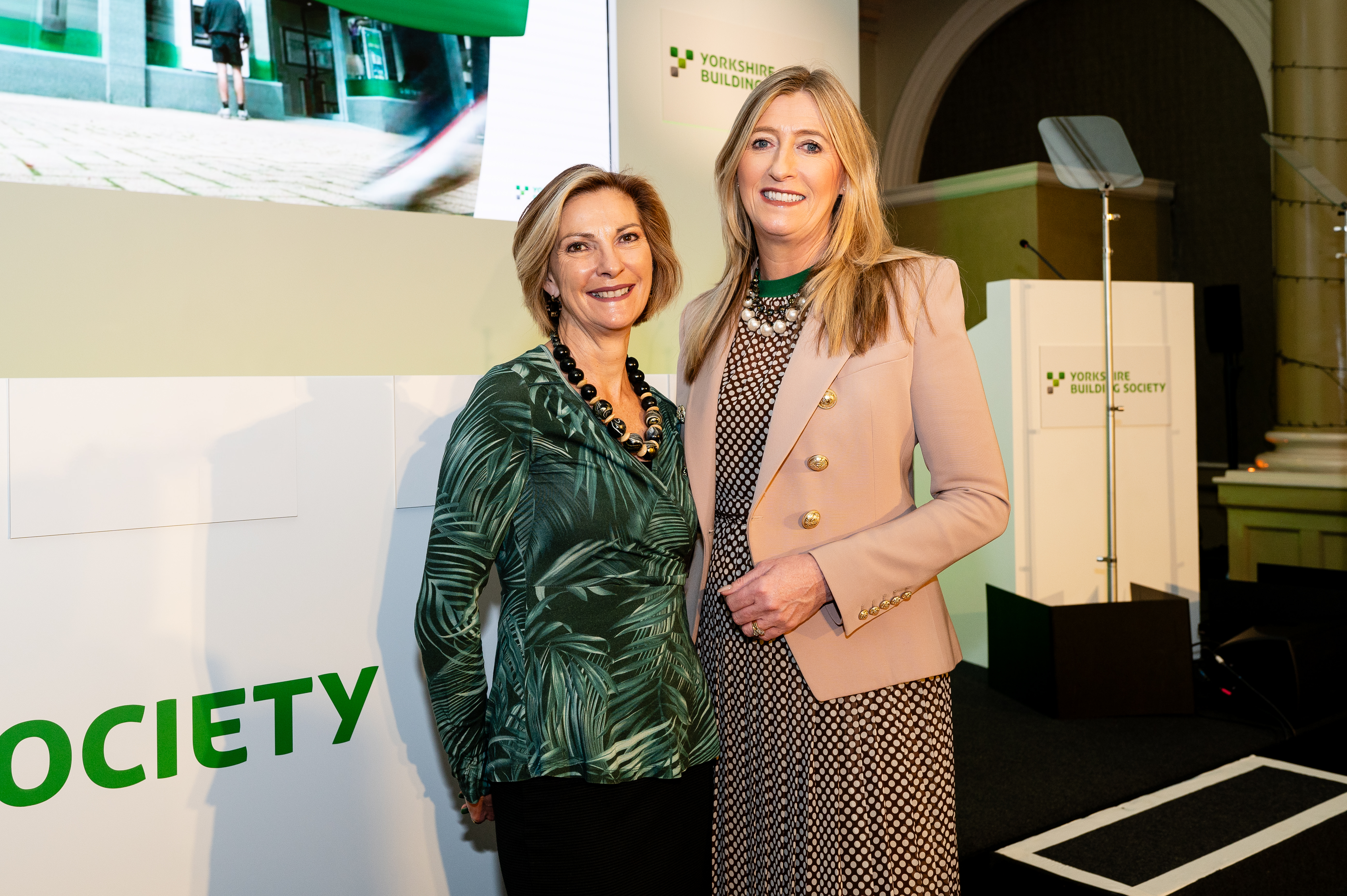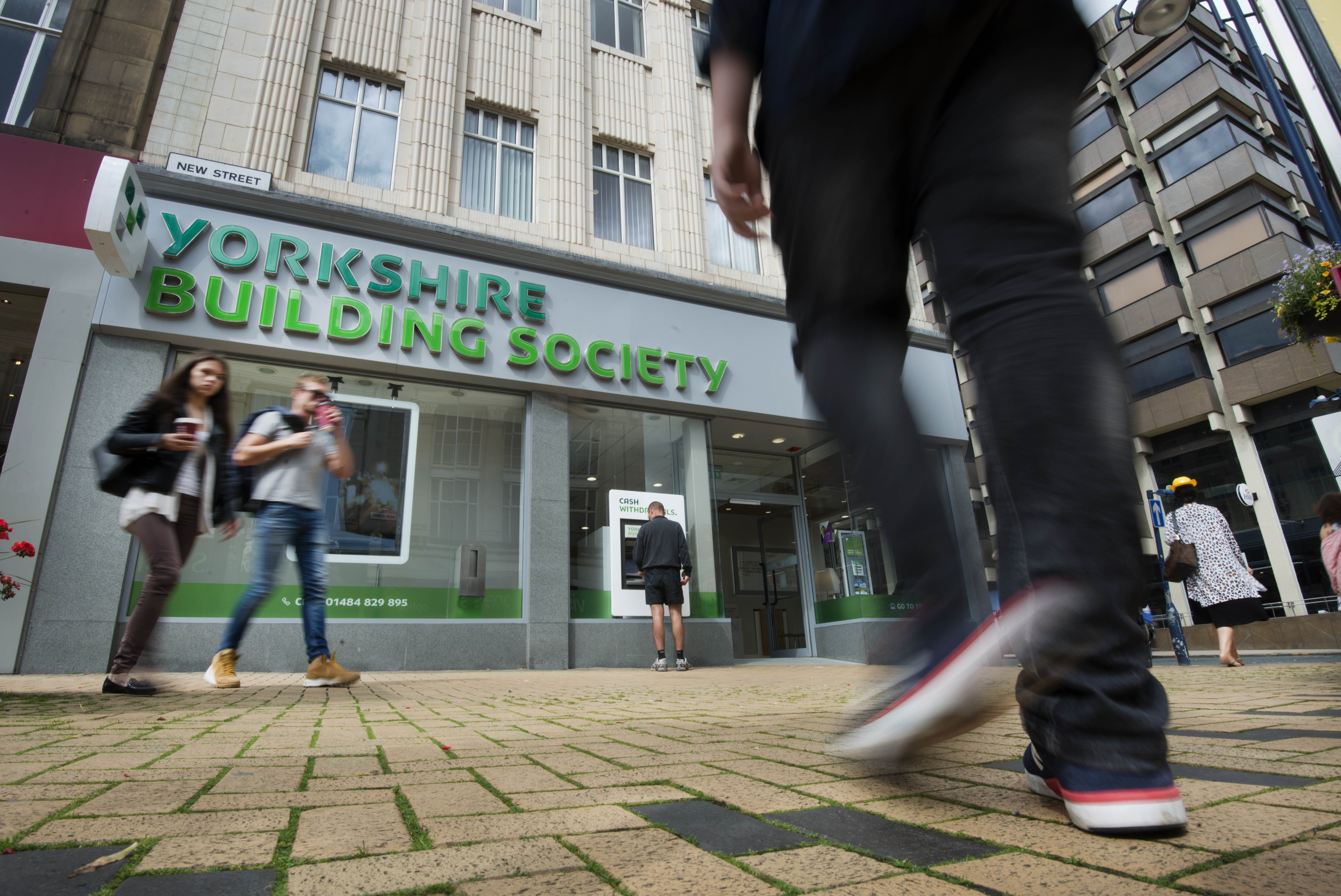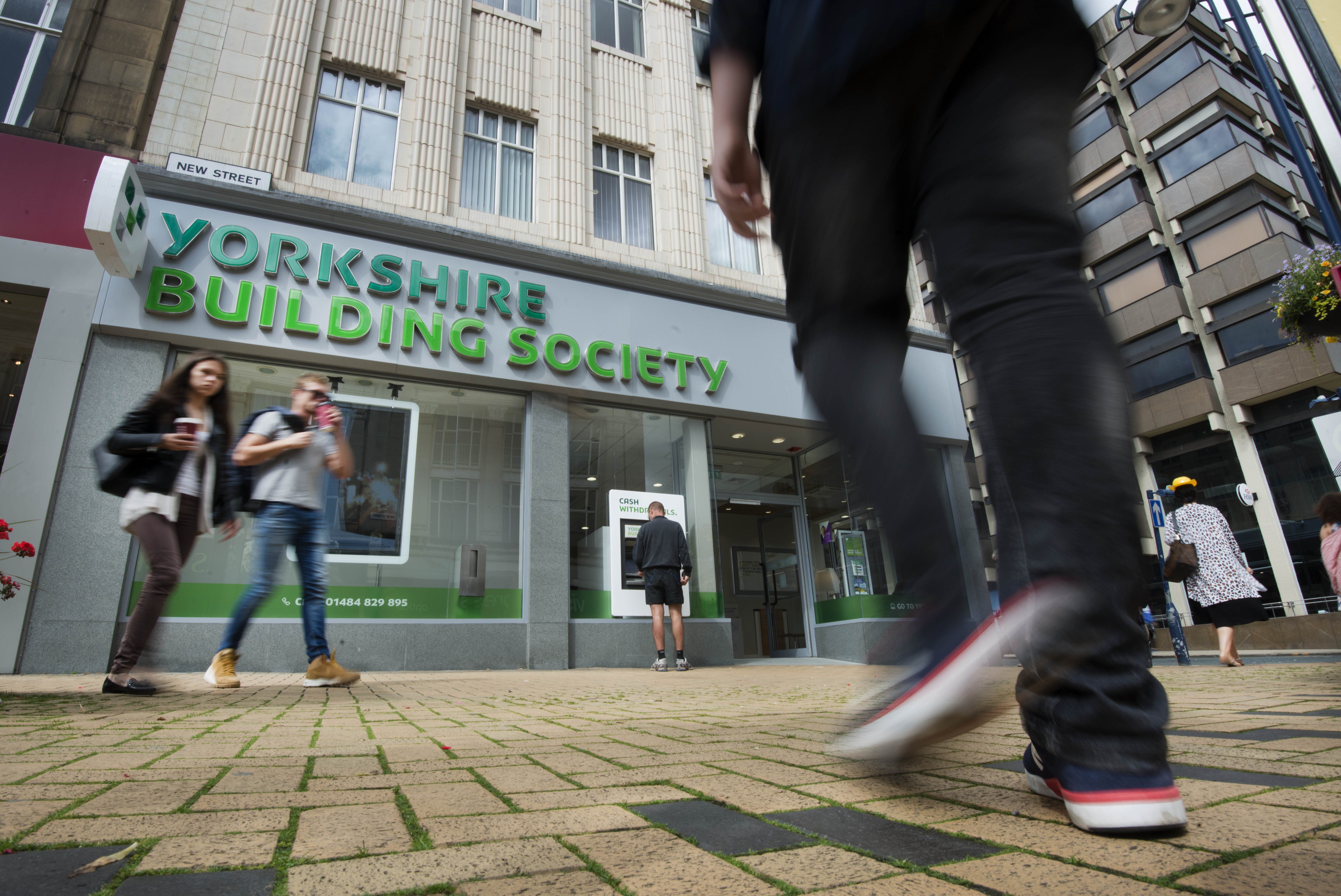Could you make a monetary resolution this New Year? | YBS
Could you make a monetary resolution this New Year?
With a £371billion[i] savings shortfall and more than one in five (23%)[ii] UK adults currently feeling worse off as their finances are squeezed by rising food, fuel and energy costs and the economic impacts of the Covid-19 pandemic, Yorkshire Building Society is encouraging people to make their New Year resolutions count when it comes to their savings.
The Yorkshire has released new data that shows what Brits are willing to give up in order to boost their savings this new year.
The research shows which luxuries people would be most willing to sacrifice each month if it meant being able to save more. The most common response was new clothes with almost a third (32%) willing to go without the latest trends, followed closely by three in ten (31%) willing to go without one takeaway meal and one in four (26%) would forgo a meal out to increase their savings.
TV subscriptions (Netflix, Amazon, Spotify etc) and mobile phones were luxuries people are less in favour of giving up improving their savings balances, with less than one in five (17%) and one in 20 (8%) respectively. Also, one in ten (11%) are not willing to relinquish anything from their current lifestyle to give their savings a helping hand.
The research also highlights more than two fifths (45%) of UK adults regret impulse spending with the average Brit spending £136 a month on non-essentials which they would rather have saved.
After what has likely been a busy and expensive festive period, the turn of the year offers a good opportunity to get your finances in order especially with the current increased cost of living - from reviewing budgets to saving money regularly the Yorkshire is here to help make peoples financial goals happen with these tips to boost your savings this year:
Review the numbers
Take time to thoroughly review your current finances. Take stock of incomings and outgoings, the essentials and the desirables. Work out what you’re left with each month after the essentials are covered and see if you can cut back on any ‘luxuries’ to start saving.
Budget
It sounds simple but create a budget that works for you and your family and stick to it. Within your budget allocate money for the essentials, money for ‘fun’ and money to save.
Swap or drop
Are you guilty of buying instead of making your own lunch each day? Swap a daily take-out lunch for a homemade option. Or drop just one shop-bought coffee a week to save nearly £200[iii] a year.
When did I sign up to that?
Scrutinise your direct debits. Are you still paying for a gym subscription you no longer need? This could help you get financially rather than physically fit. If there are savings to be made, swap the direct debit for a standing order to your savings account for the same amount. You didn’t miss it before so you shouldn’t now.
Save a little to help a lot
Even £25 a month, or the equivalent of one takeaway, would add up to almost £300 over the course of the year.
Tina Hughes, director of savings at Yorkshire Building Society, said:
Saving money can sometimes be an afterthought, with essentials or the nicer things in life taking priority but starting to build a healthy savings pot doesn’t have to be difficult.
For those that don’t currently save money regularly, it can be daunting to know how or where to start but the New Year provides the perfect opportunity to set financial goals for the year ahead.
Take a close look at your incomings and outgoings to increase awareness of your situation and from there look at how you could make small changes to the way you spend money.
You might be saving for a rainy day, or for a specific purchase, but highlighting your savings ambitions and making a plan to work towards them can help make them more achievable.
It doesn’t matter how you choose to go about it, but this New Year try and make just one monetary resolution as no matter how small, it could make a big difference in the long-term. Above all, little and often saving is better than no savings at all.
All information correct at time of publication.
W01-22
[i] The £371 billion shortfall figure has been calculated as part of Yorkshire Building Society Nations Nest Egg Savings report using the average figure consumers stated they would require in cash savings to feel financially secure (£17, 465) minus what the average consumer in Great Britain has in actual cash savings (£10,245). This figure has then been extrapolated across the Great British adult population, using the latest ONS estimates.
[ii] Yorkshire Building Society Real Life Moments survey: The research was carried out online by Opinium. All surveys were conducted between 28 September 2021 and 1st October 2021 and the sample comprised 2,000 UK adults.
[iii] Based on a take-out coffee costing £3.50 x 52 weeks = £182







